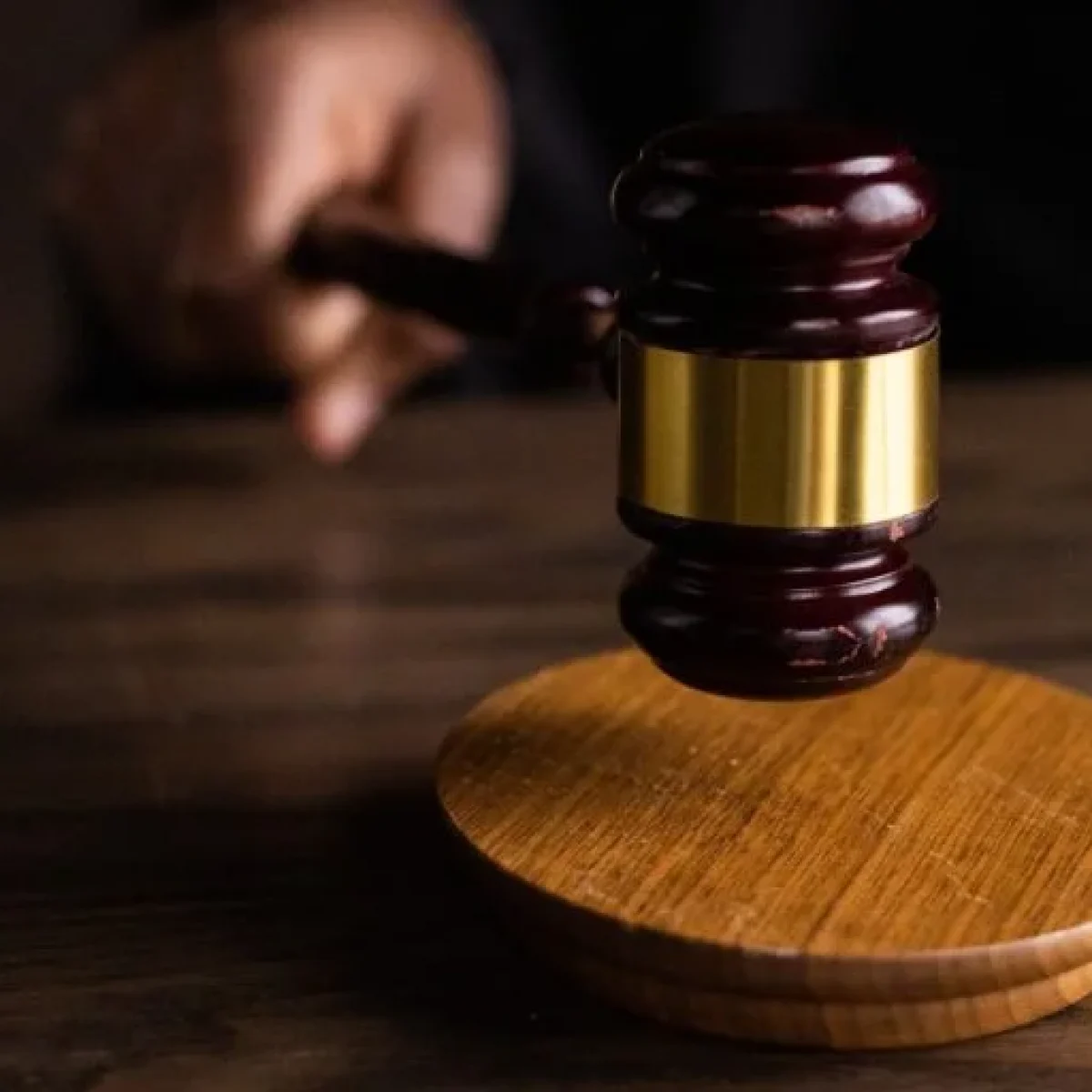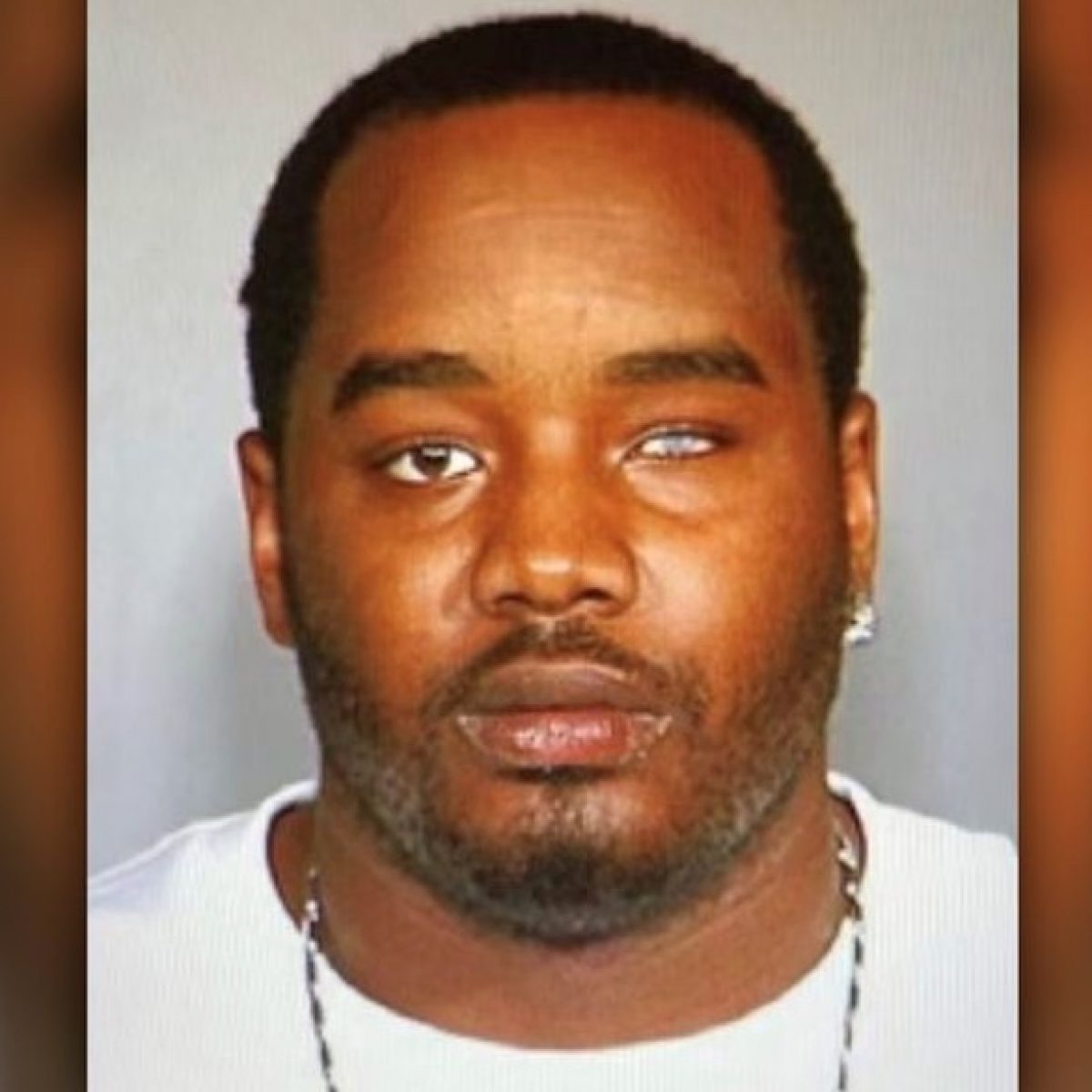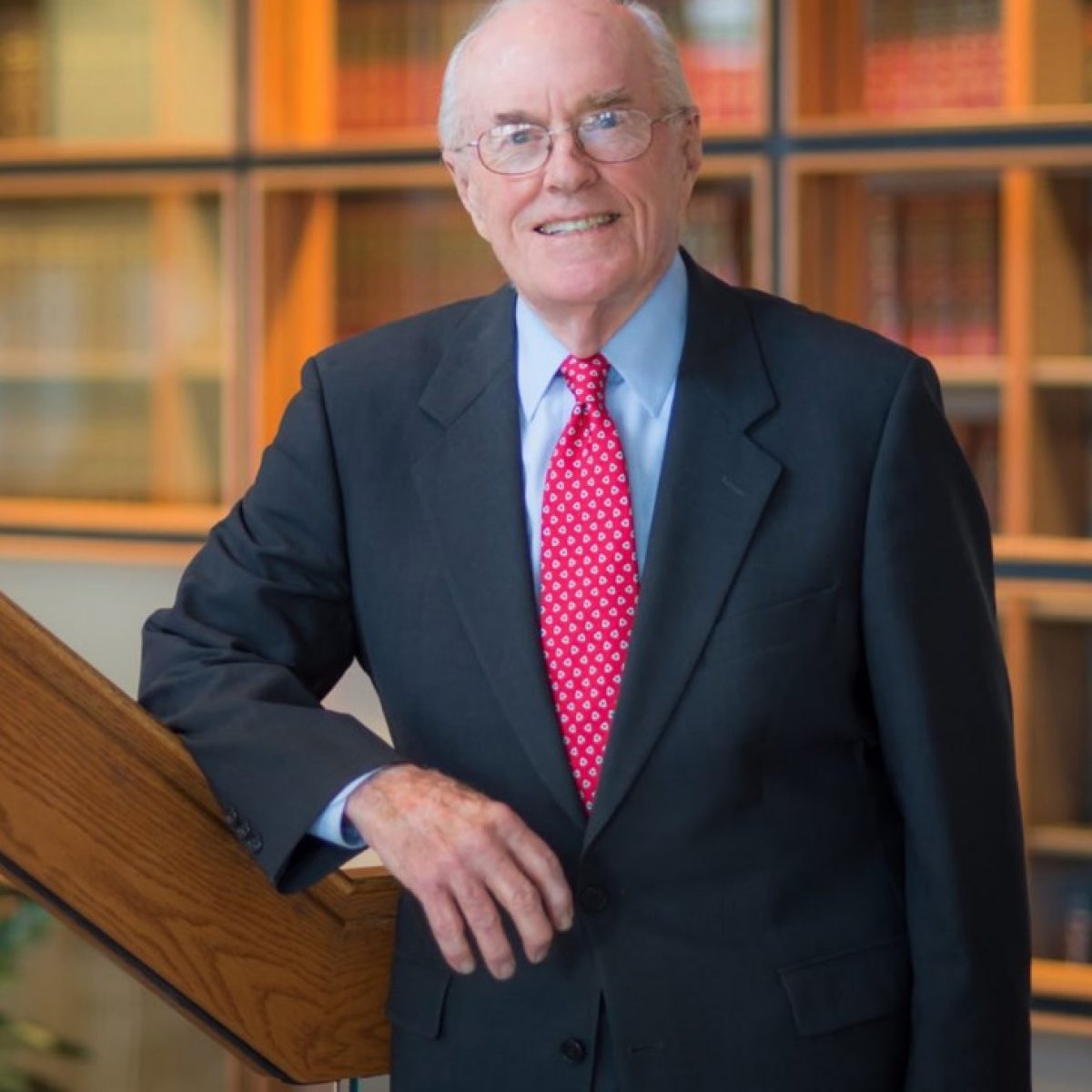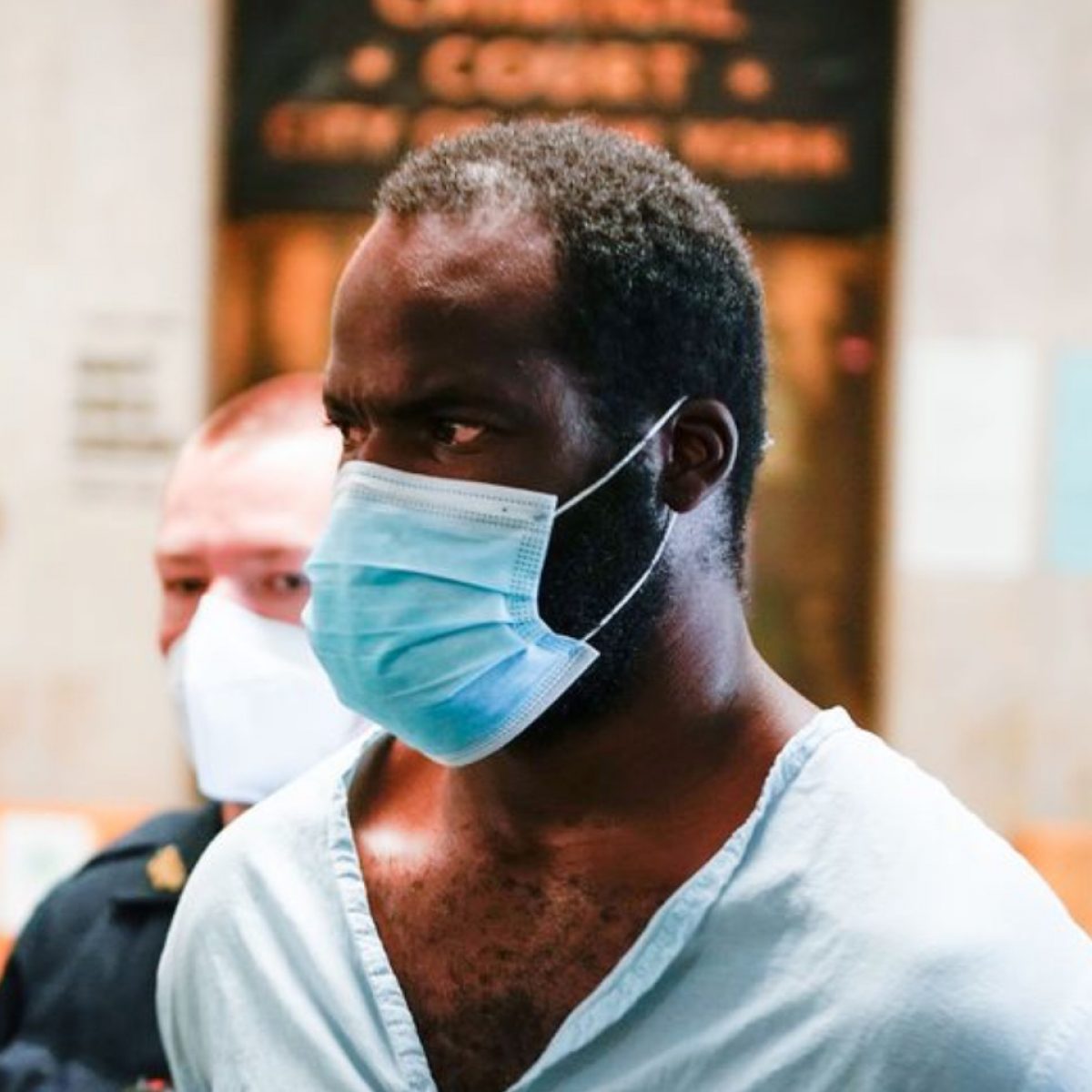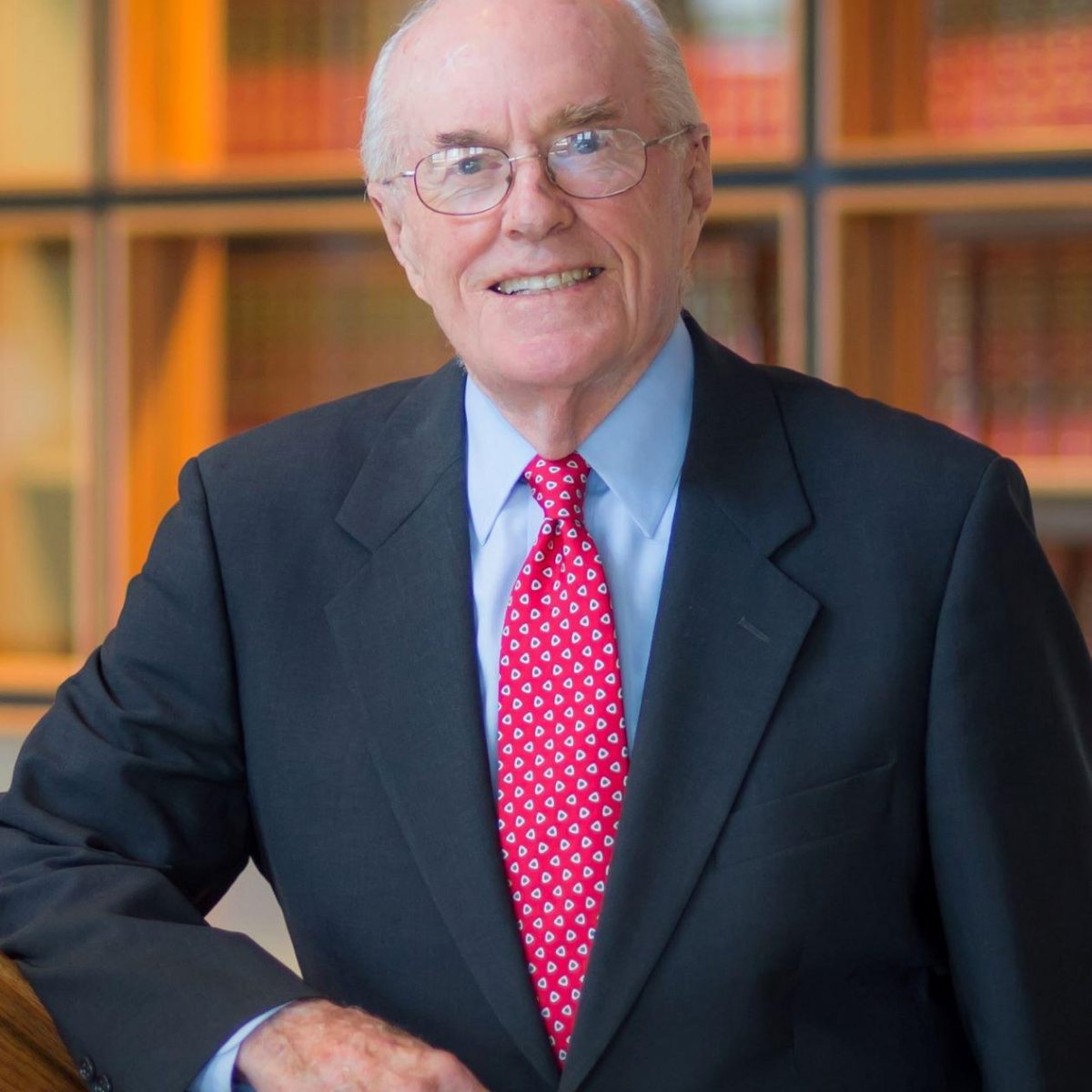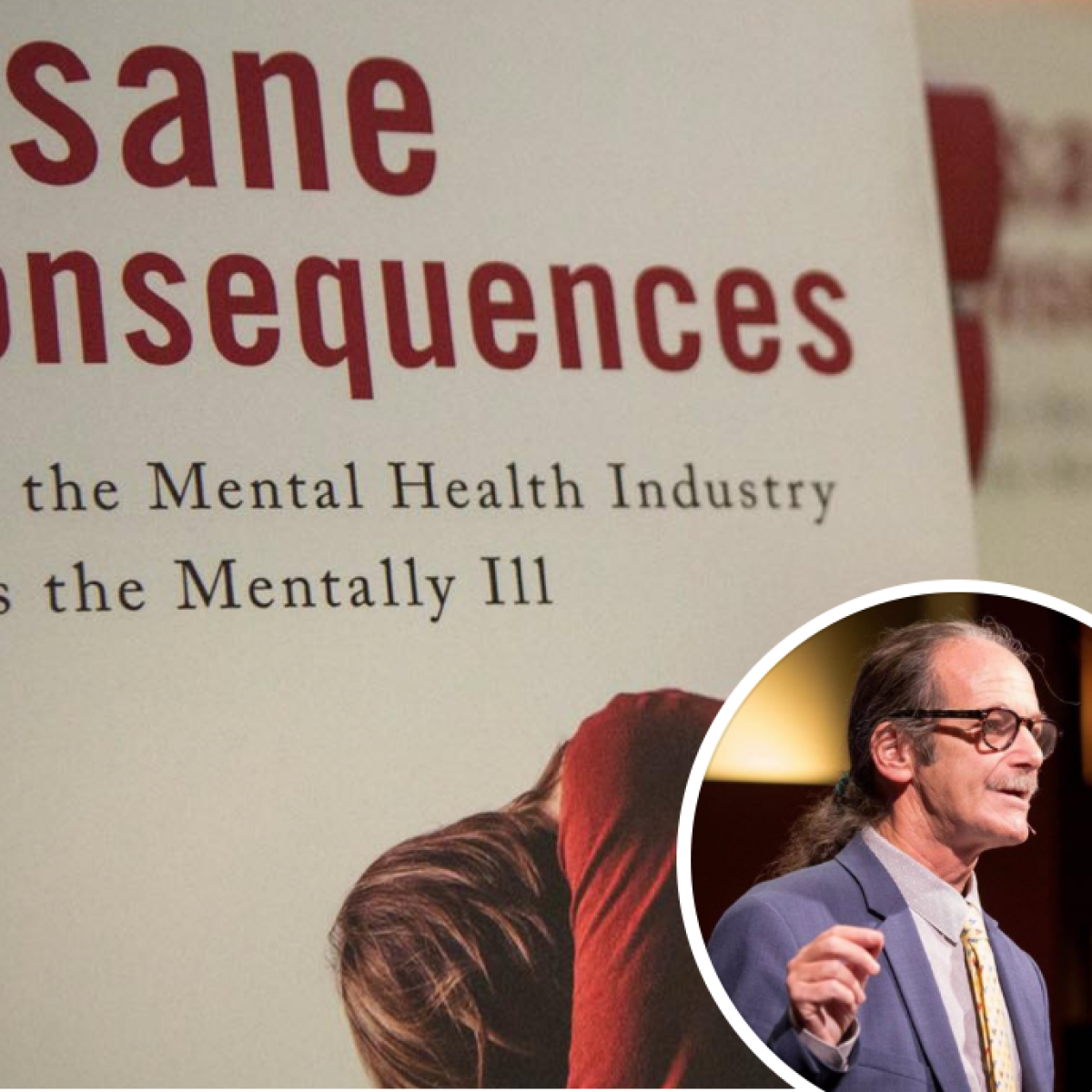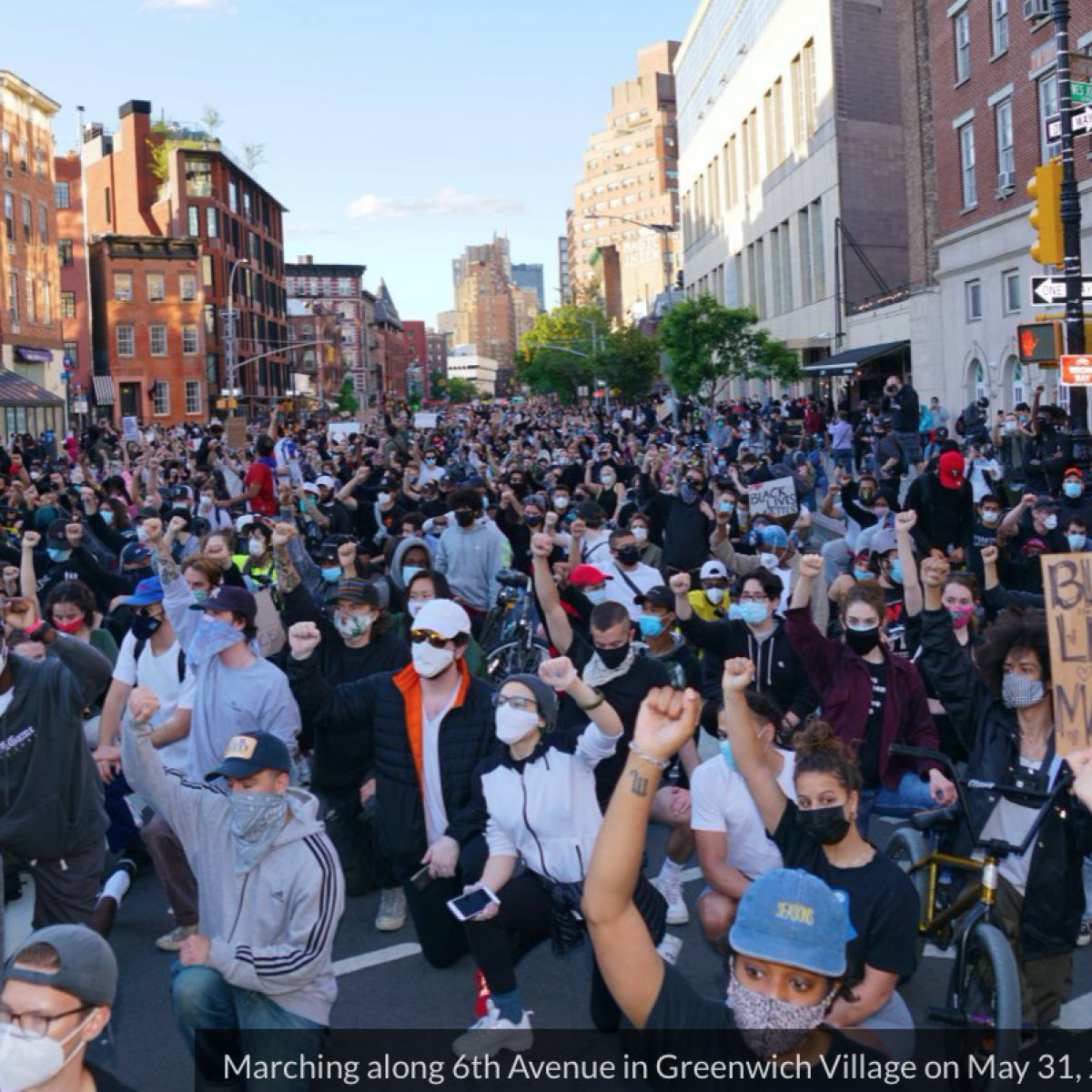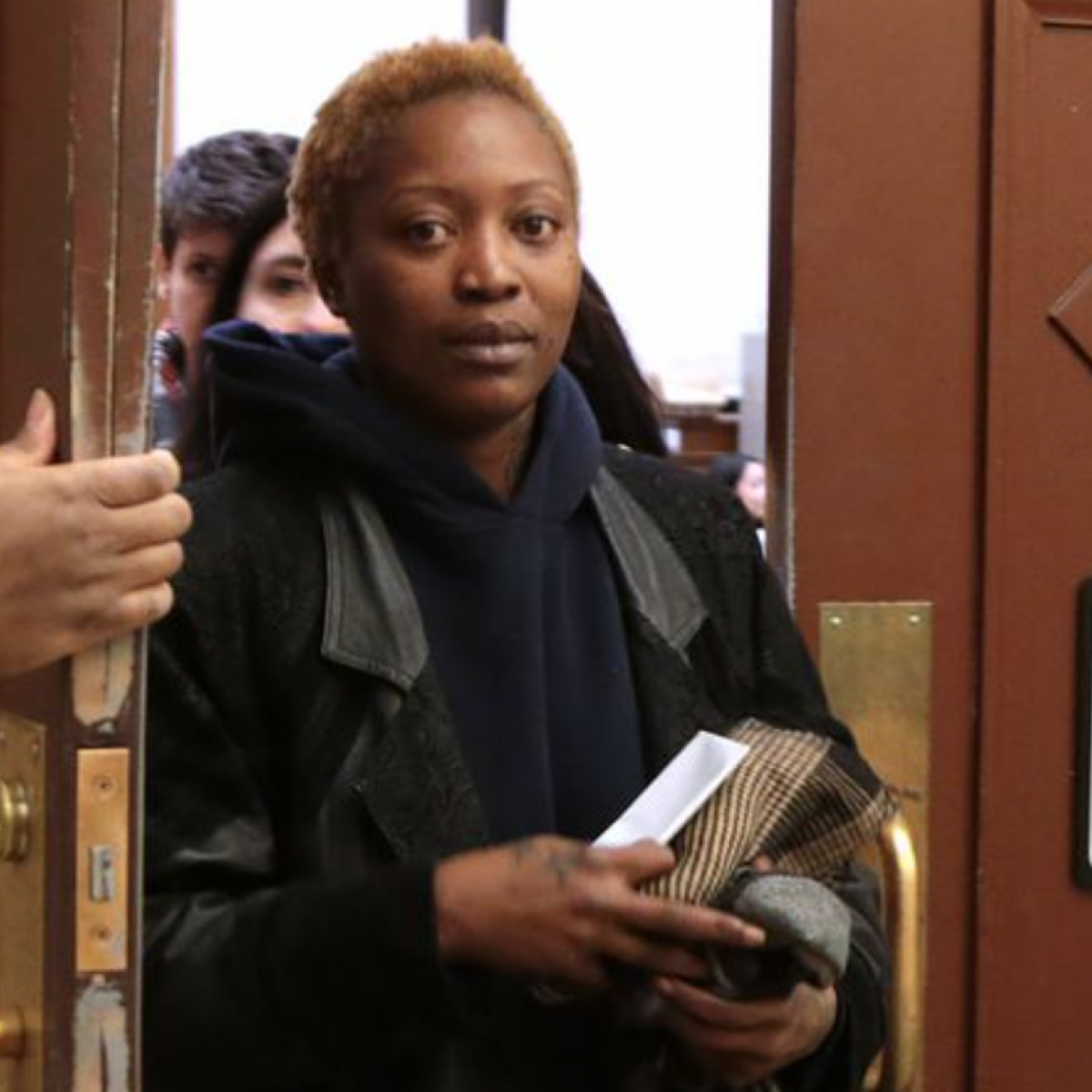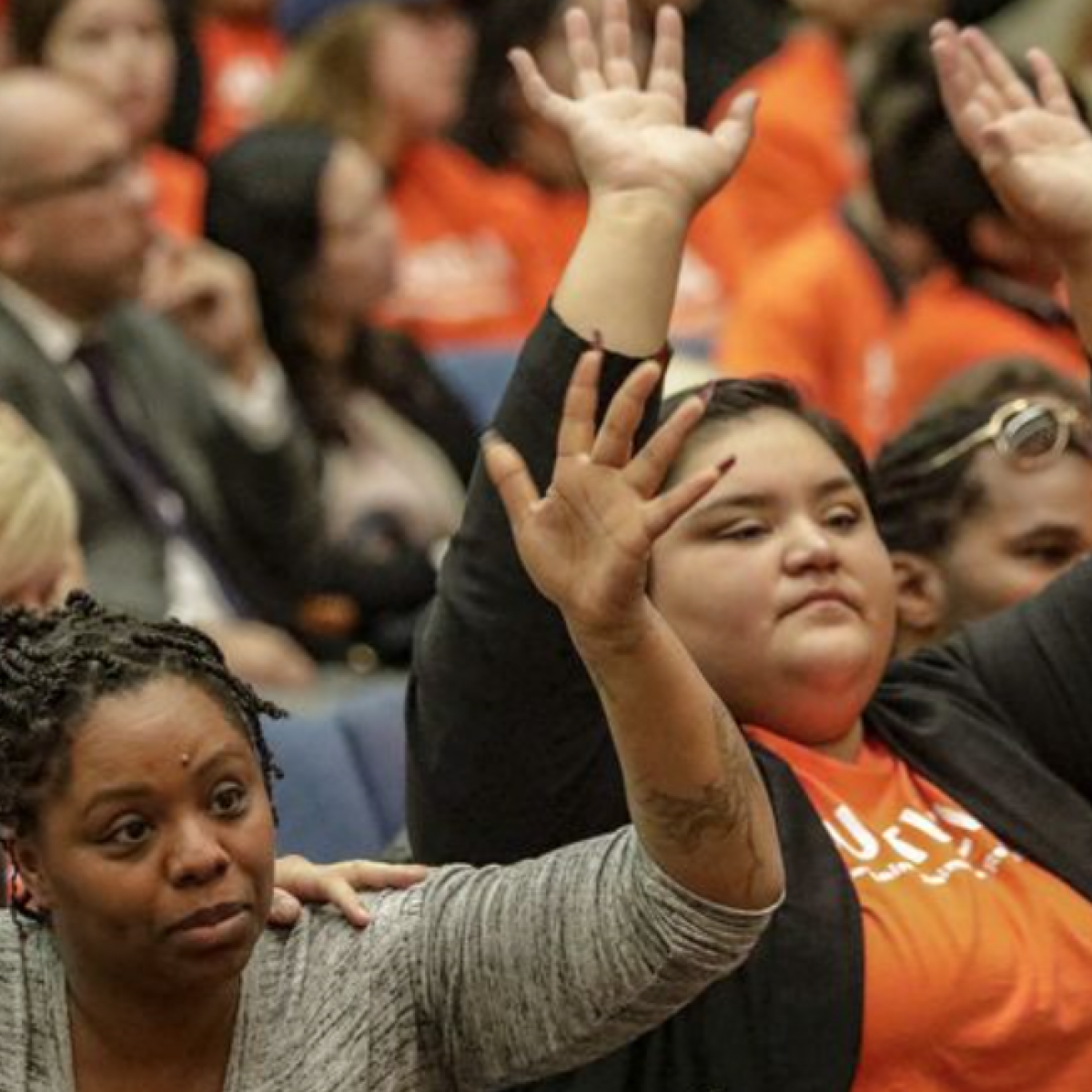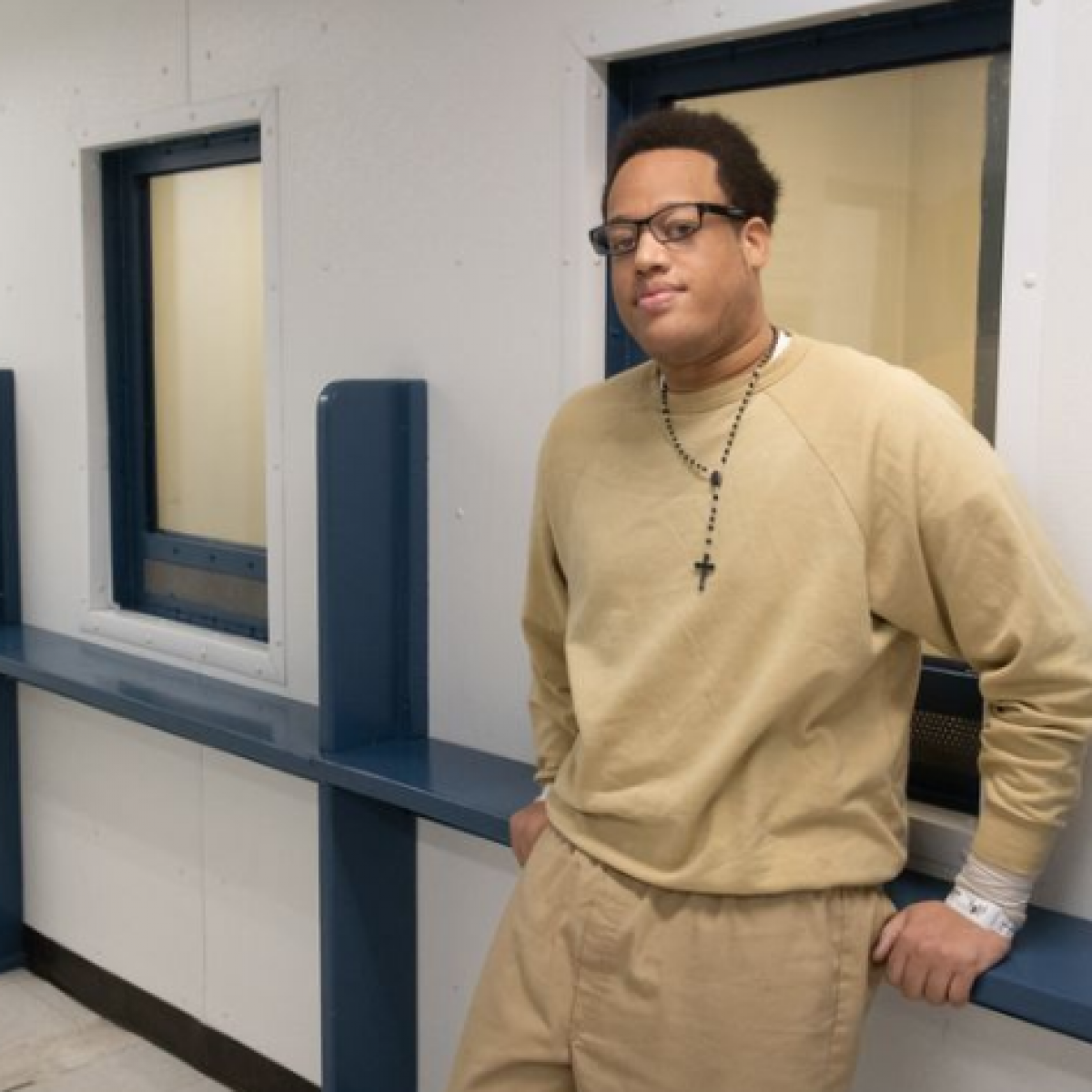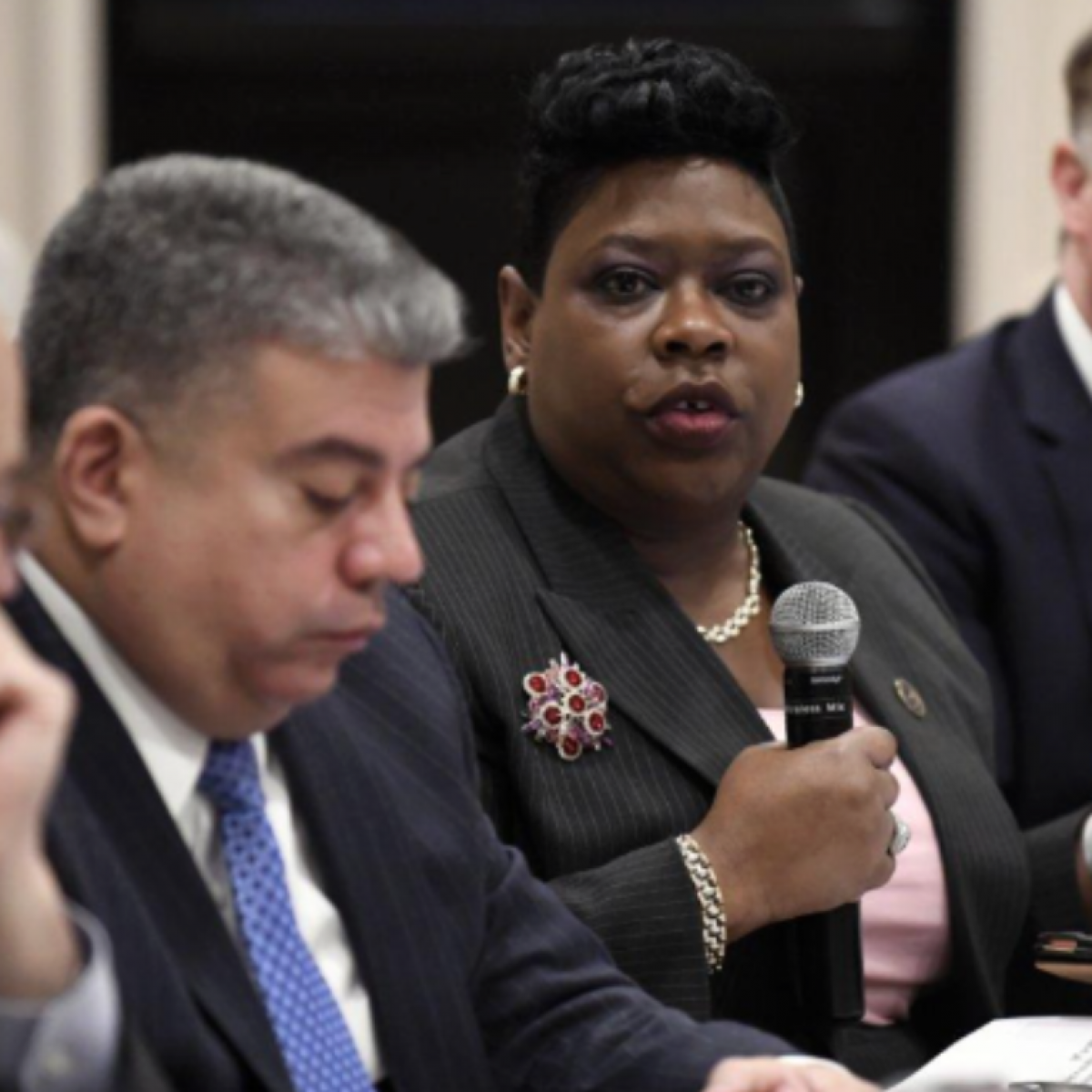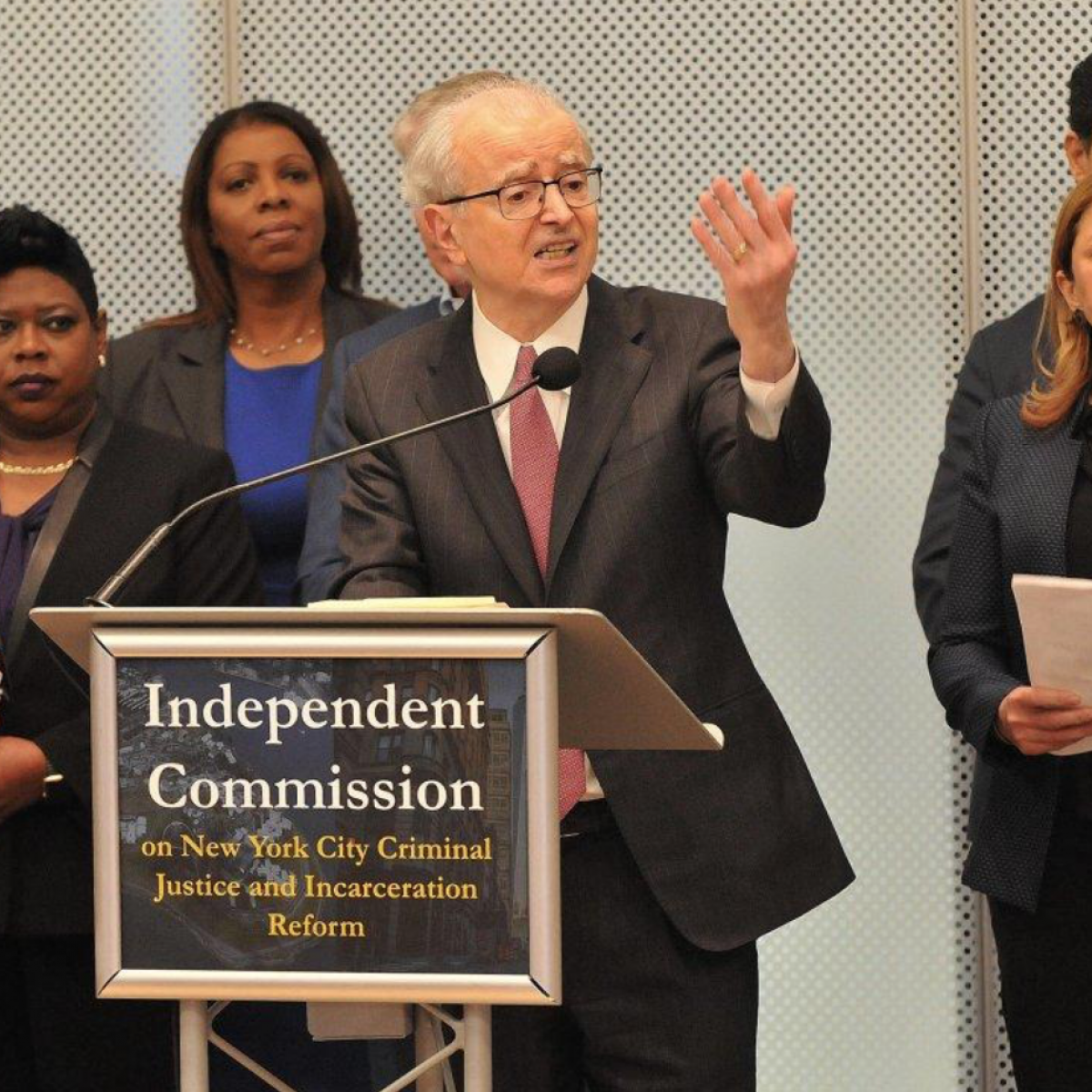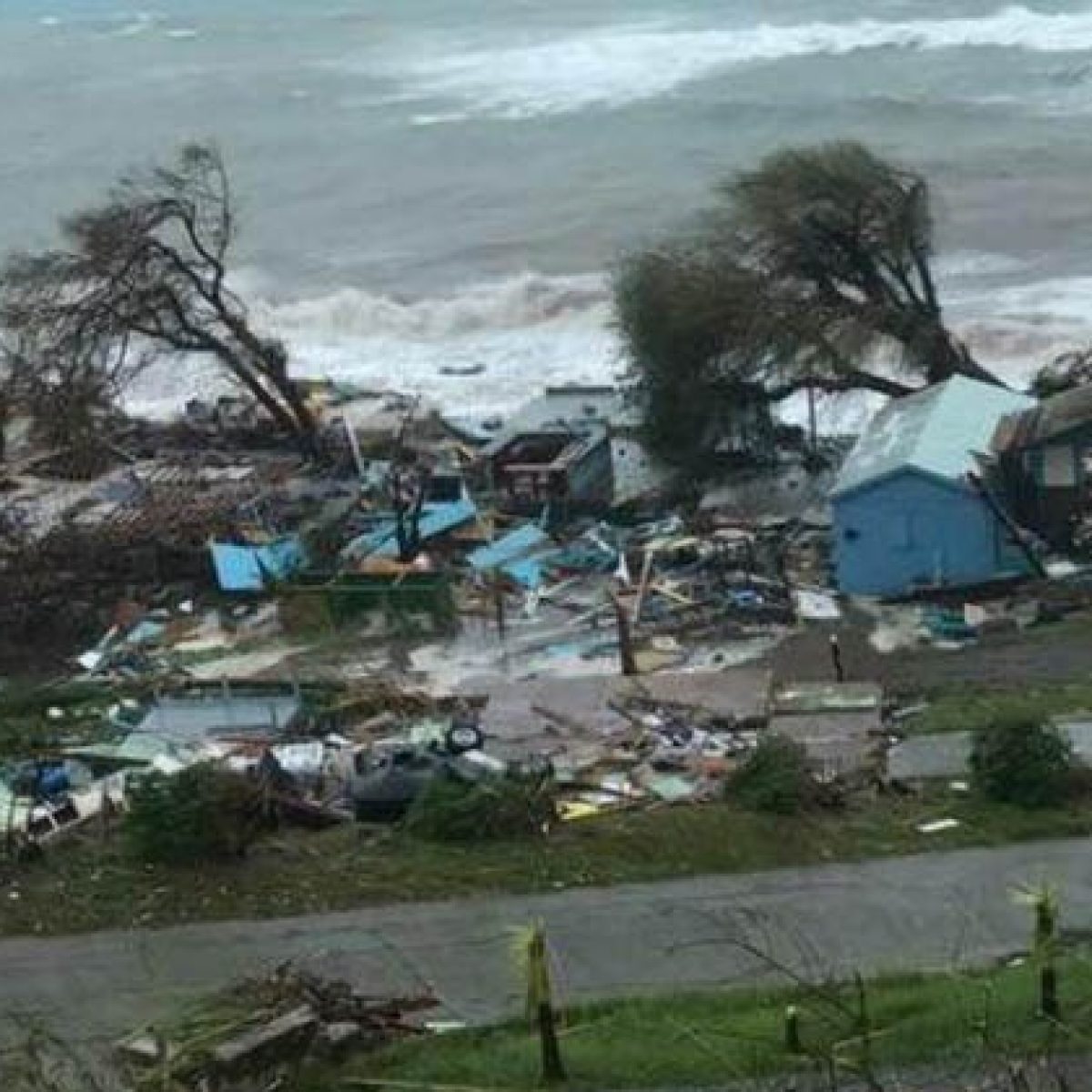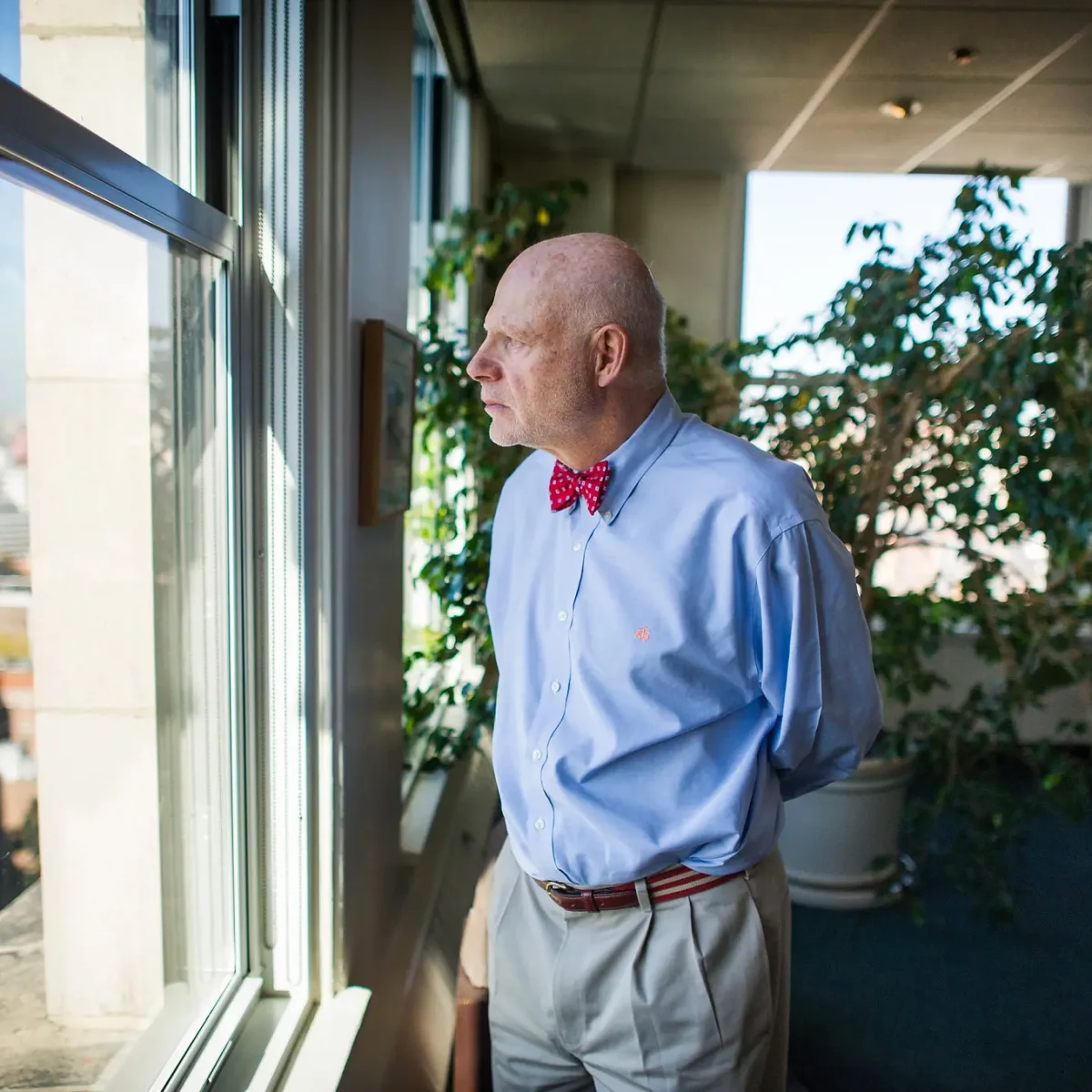The Jacob Wetterling Act of 1994 mandated creation of “sex offender registries” for use by law enforcement. (Shutterstock)
When it comes to criminal justice reform, people with serious mental illness are sometimes called the “third rail.” Those assumed too hot to handle and least deserving of reforms. They’re the people The Greenburger Center aims to help; people I thought existed at the “deep end” of the reform “pool.”
I was wrong.
It turns out, people convicted of sex offenses are the deep end, the third rail, the “Untouchables.” For them, seemingly no punishment or public shaming is enough. I understand. I survived childhood sexual abuse and 50 years after, I still feel the effects.
But five decades later, laws enacted to prevent sexual harm would not have helped me nor do they protect many children today. In fact, they may be making things worse, for everyone.
Passed in response to the brutal sexual assault and murder of Jacob Wetterling, the Jacob Wetterling Act of 1994mandated creation of “sex offender registries” for use by law enforcement. The Act was aimed at “stranger danger.”
Names, addresses and other information became public as part of Megan’s Law in 1996 and in 2006, the Adam Walsh Child Protection and Safety Act, expanded the scope of “sex offender” laws. These federal laws, and state laws that followed, created “collateral consequences;” essentially banishment for committing “crimes of a sexual nature,” including public urination, streaking, or consensual sex between teenagers in some states.
Collateral consequences can make it impossible to successfully re-enter society after incarceration and include public notification of personal and employment information; bans on receiving or entering public housing; and displaying mandatory sex offender designations on passports, driver’s licenses or ID cards.
In New York, certain registrants cannot live or walk within 1,000 feet of schools, making most of NYC uninhabitable, resulting in confinement in prison-like “Residential Treatment Facilities” after incarceration.
About a year after the Adam Walsh Act passed, Jacob Wetterling’s mother suggested we had gone too far and more recently said youth should not be on registries. A Human Rights Watch survey found 10-year-olds on registries. Like adults, children and teens can experience collateral consequences including depression, unemployment, education barriers, homelessness, incarceration or vigilantism.
While some may disagree, peer-reviewed study, after study, after study, document that registries, residency and other restrictions don’t really work and may actually increase recidivism for a group with a generally low recidivism rate.
But “offenders” are not the only ones adversely impacted by collateral consequences; some victims are too. Approximately 90% of victims know their “abuser” and 67% of reported cases involve children under 18, 34% of whom are under 12. Tragically, the public push to pile on may actually dissuade a majority of victims from disclosure.
Even at 8, before registry laws, I understood disclosure could mean family disruption, anger, and financial instability; fears eventually confirmed after partially disclosing. I was not alone. Between 55-69% of adults never disclose childhood sexual abuse and if they do, their average age is 52.
One study found 50% of children abused by known individuals were “afraid or ashamed of their parents’ responses” and that in fact, parents blamed them and became angry upon disclosure. Perhaps it’s why more than 95% of those arrested in New York had no sex offense convictions, and therefore were not required to register.
And so I must ask, if ratcheting up collateral consequences increases recidivism while potentially driving the majority of victims underground, where neither they nor their offenders get help, treatment or a chance for reconciliation (where appropriate), in whose interest are these laws enacted?
Without doubt, Adam’s parents and others intended for all children to be safe and no family to endure their unimaginable suffering. But stranger danger alone cannot drive public policy where the stakes for millions of victims and offenders are high, and the risk of stranger danger is exceptionally low.
The goal should be to prevent all sex offending; instead of perhaps unwittingly, pitting one victim against another. And, except in rare cases involving people unable to live safely outside an institution like Adam Walsh’s murderer, treatment, redemption and successful re-entry must be part of the process if we are serious about prevention and reoffending.
According to Prof. Eric Janus, noted expert on sexual offense policies, we need a comprehensive, evidence-based public health approach to sex offending rather than focusing on stranger danger and ignoring the social norms that allow sexual violence to flourish.
As a survivor, lawyer and parent, I can’t agree more.
Roberts is executive director of The Greenburger Center for Justice.


